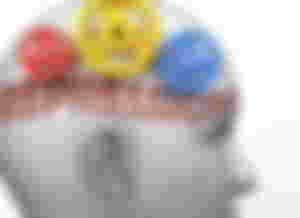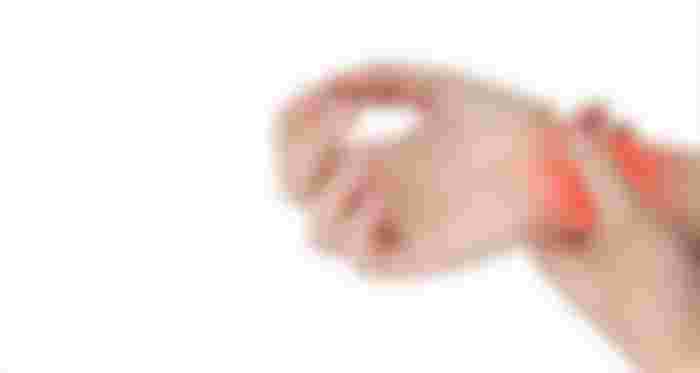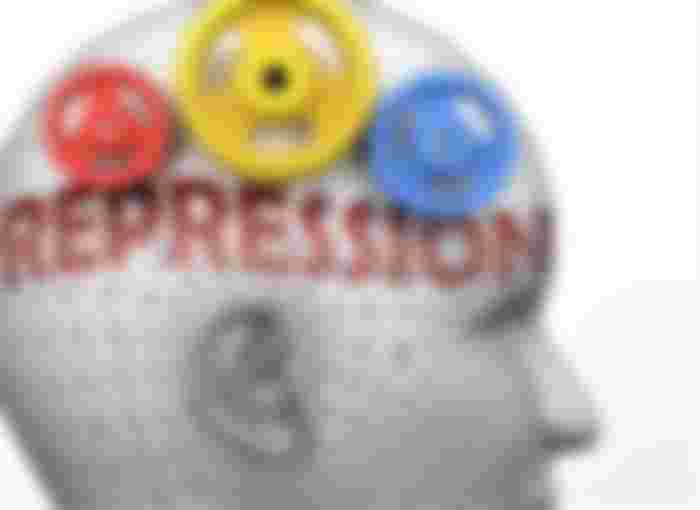Renal Failure

Failure of the kidneys to perform their main functions of filtering waste products from the blood, controlling salt and water balance, and controlling blood pressure and red blood cell formation. Kidney failure leads to uremia in which the waste products, many of them poisonous, accumulate in the body. There are many possible causes of both acute renal failure and chronic renal failure. Acute renal failure may occur when the kidney is deprived of blood (as in hemorrhage or heart attack) or it may be the result of acute nephritis, which damages the kidneys' filtering units. The most obvious early symptom of renal failure is the very small amount of urine passed in a day. Other symptoms include loss of appetite, nausea, vomiting, and, as uremia develops, drowsiness, confusion, convulsions, and coma. Treatment is according to the cause.
Chronic renal failure may be caused by chronic nephritis or pyelonephritis, kidney stones, and cysts, or over-use of certain analgesics. Symptoms, which appear gradually, include frequent urination, fatigue, and lethargy. If the specific treatment proves to be unsuccessful, chronic renal failure may progress to the stage in which the kidneys can no longer sustain life. The only treatment then is with dialysis (which is also used in some cases of acute renal failure) or a kidney transplant. With modern technology and drug treatment, renal failure is not inevitably fatal as it once was.
Repetitive Strain Injury (RSI)

A form of Tendinitis or Tenosynovitis resulting from repeated strain, injury, or excessive unaccustomed exercise of particular muscles or muscle groups.
Repression

A term used in psychoanalysis to describe the mechanism by which those desires and impulses that prompt feelings of guilt or anxiety are forced out of a person's conscious mind and into the unconscious mind. They emerge from the unconscious mind in a disguised form.



Hello, I couldn't understand the relation between Renal Failure and RSI and Repression. Good info anyway.